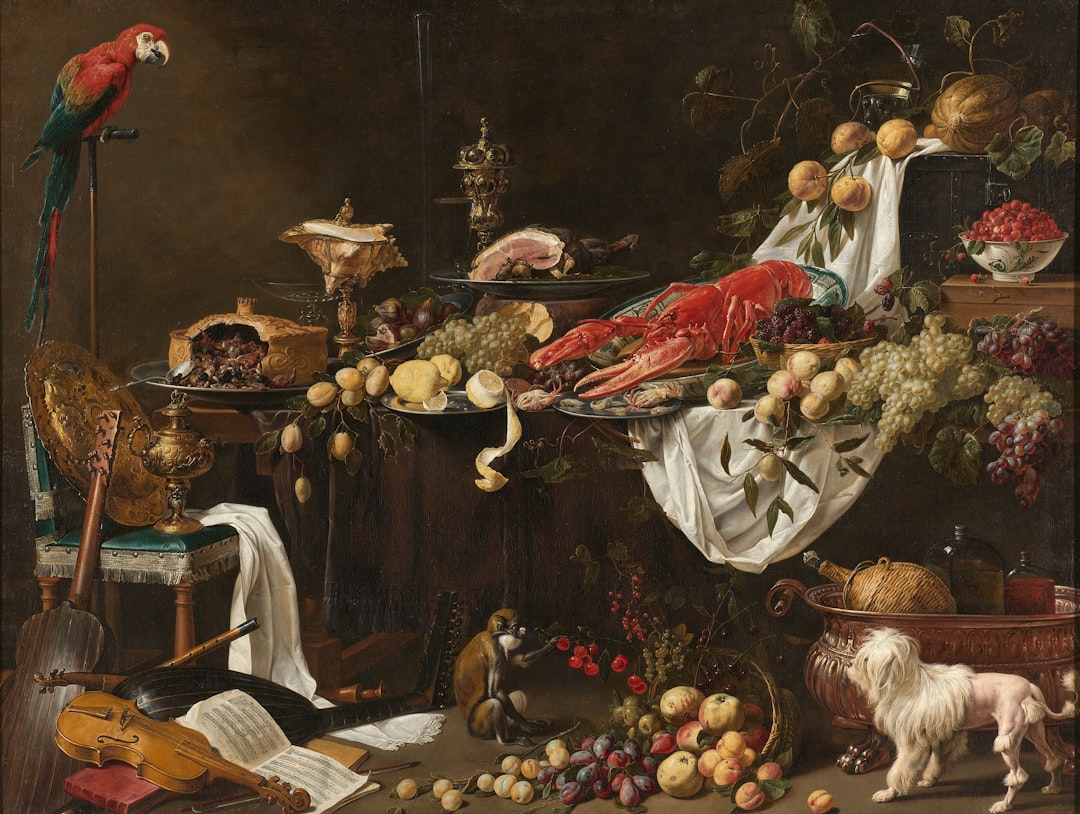What is it about?
My essay discusses how we should talk about God and suffering. I take seriously the charge that it is immoral to defend God and give reasons for why God allows suffering. I have friends who are facing severe challenges as they watch their child suffer. It just doesn’t seem right to come up with some great explanation as to why everything is in fact alright. There are religious and non-religious people who hold a similar view, known as moral anti-theodicy. A classic version of it is expressed by Dostoevsky’s character Ivan in the novel The Brothers Karamazov. A recent influential exposition of this view is D. Z. Phillips’s The Problem of Evil and the Problem of God (SCM Press, 2004). Coming from a theological background, I approached the issue with a broadly sympathetic view of moral anti-theodicy. Surveying recent journal articles in the philosophy of religion, I found thoughtful objections to moral anti-theodicy and came up with counter-objections. My essay therefore maintains that ambitious theodicies which claim a silver lining in the clouds of suffering, trivialise suffering and harm sufferers. However, courses in Ethics, Schopenhauer and Nietzsche made me aware of possible problems with moral anti-theodicy. When expressed as the duty to give horrendous suffering its due weight, moral anti-theodicy is susceptible to the over-demanding concerns associated with ethical theory. It occurred to me that those who, like Nietzsche, take a stand against Schopenhauerian pessimism, were acting like theodicists. Therefore a moral anti-theodicy must have at least structural parallels with a morally demanded pessimism. My essay also looks at certain types of ‘low-ambition’ theodicy which imagine God to be making an all-or-nothing decision – a decision as to whether to create a humanity or not, assuming humans are free to do wrong. In such cases, I argue that it is not immoral to affirm God’s decision to create. If you claim it is immoral, you are a philosophical pessimist, believing it would be better if humanity had never been. This seems to me less like a moral stance, and more like a way of seeing the world. This issue led me down a path I thought I would not take: that of exonerating a certain type of theodicy. Even if ambitious theodicies trivialise suffering, something like a free-will defence is probably not immoral. However, I maintain my scepticism about the role of theodicy. Theodicy cannot comfort those who undergo severe suffering, because the God of theodicies appears to remain aloof to that suffering.
Featured Image
Read the Original
This page is a summary of: Moral critique and defence of theodicy, Religious Studies, May 2013, Cambridge University Press,
DOI: 10.1017/s0034412513000164.
You can read the full text:
Contributors
The following have contributed to this page










